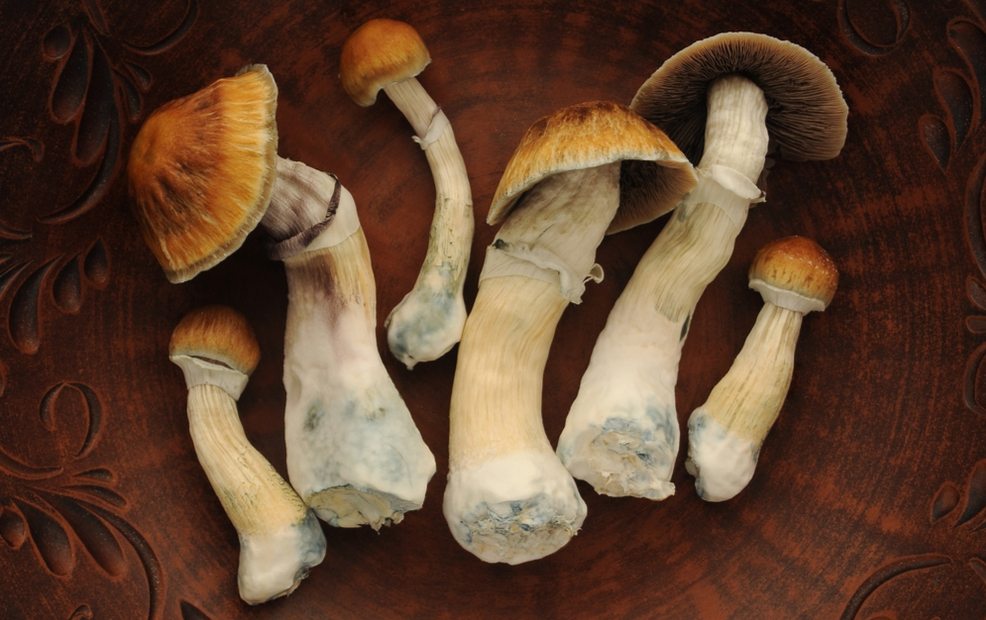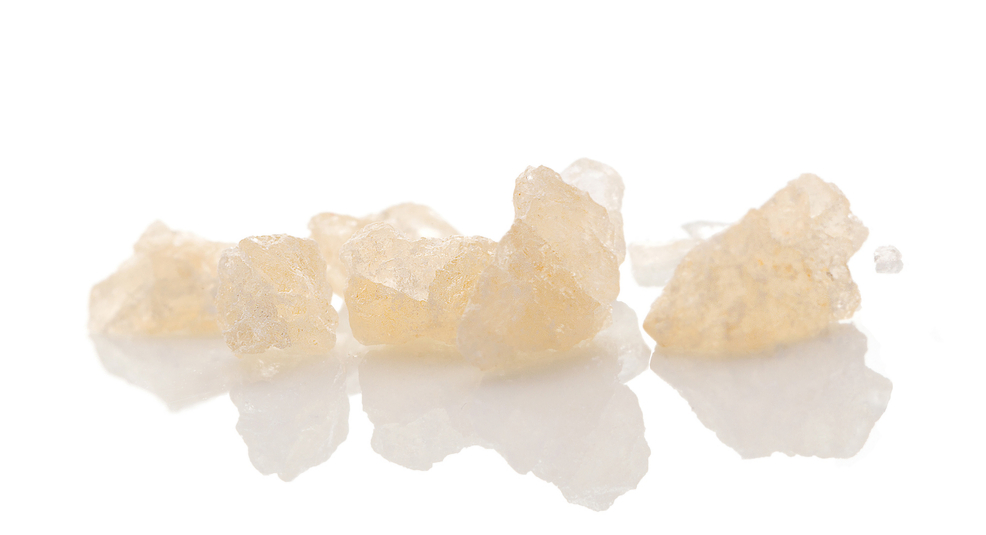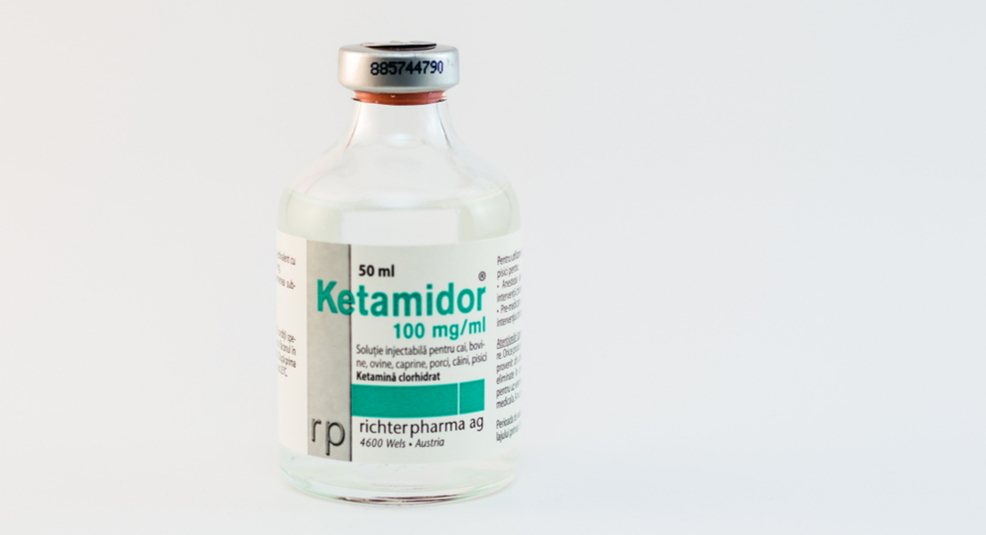Entheogens
Holistic Wellness & Alternative Medicine
Holistic wellness is centered around healing a person’s overall health– mind, body and spirit– rather than healing them as subparts. It usually involves natural remedies or alternative therapies, and, in some cases, incorporates entheogenic substances.
For centuries, psychedelics have been an integral facet of holistic treatment and wellness. Two of the most commonly referenced psychedelics are ayahuasca and psilocybin mushrooms.

Ayahuasca and psilocybin mushrooms have been used to help treat several conditions, from anxiety and depression to drug addiction and alcoholism. These substances have also been used as tools for personal enlightenment and spiritual growth, and they help people feel a sense of connectedness and compassion with others and the world around them.
In terms of holistic wellness, psychedelics have proven to be extremely helpful and effective in sustaining a happy and balanced life. They can also act as a catalyst for personal growth and new perspectives.
Alternative medicine includes anything not specifically concerned with a pharmaceutical approach to healing, such as acupuncture, herbalism, and the use of psychoactive substances. The psychedelic effects of substances like psilocybin, MDMA, and LSD have proven to have profound impact on patients who are not receptive to clinical drugs and traditional therapy.
Psilocybin mushrooms
Psilocybin mushrooms, which contain the psychoactive substance psilocin, or 4-HO-DMT, are among the most commonly used substances for alternative, psychedelic-assisted therapy. Although they are considered a Schedule I drug, dozens of studies have successfully demonstrated their ability to help treat a number of conditions. In 2018, COMPASS Pathways received breakthrough therapy status for its psilocybin therapy for treatment-resistant depression. Followed up just a year later in 2019, Usona Institute’s psilocybin program was also granted breakthrough status for the treatment of major depressive disorder (MDD).

MDMA
Decades after MDMA was banned, studies done by the Multidisciplinary Association for Psychedelic Studies (MAPS) demonstrated how MDMA is reasonably safe at low doses. As a result of these studies, MAPS has received breakthrough therapy status for MDMA and has secured FDA-approved studies to treat veterans, cancer patients, and people who struggle with addiction and post-traumatic stress disorder (PTSD).

Ketamine
Ketamine is a dissociative anesthetic. It received breakthrough therapy status in 2013 and again in 2016 for treatment-resistant depression. It has become an area of interest for many physicians and patients alike, as it has context as a medical anesthetic and anti-inflammatory agent, as well as an entheogen. Though experts are still unsure of how ketamine works, they believe it can repair damaged connections in the brain caused by depression and stress. Since the FDA has approved the substance, thousands of ketamine clinics have opened around the world.

Below is a list of some medical conditions and psychological disorders that have been treated with the use of psychedelic substances.
- Depression
- Trauma
- Social & End-Of-Life Anxiety
- PTSD
- Drug & Alcohol Addiction
- OCD
- Cluster Headaches
Although there are many obstacles involved with getting official FDA approval for psychedelic studies, there has been an increase in interest from clinicians, scientists and therapists. With some studies in Phase III trials, we could expect to see MDMA or psilocybin prescriptions as early as 2023.